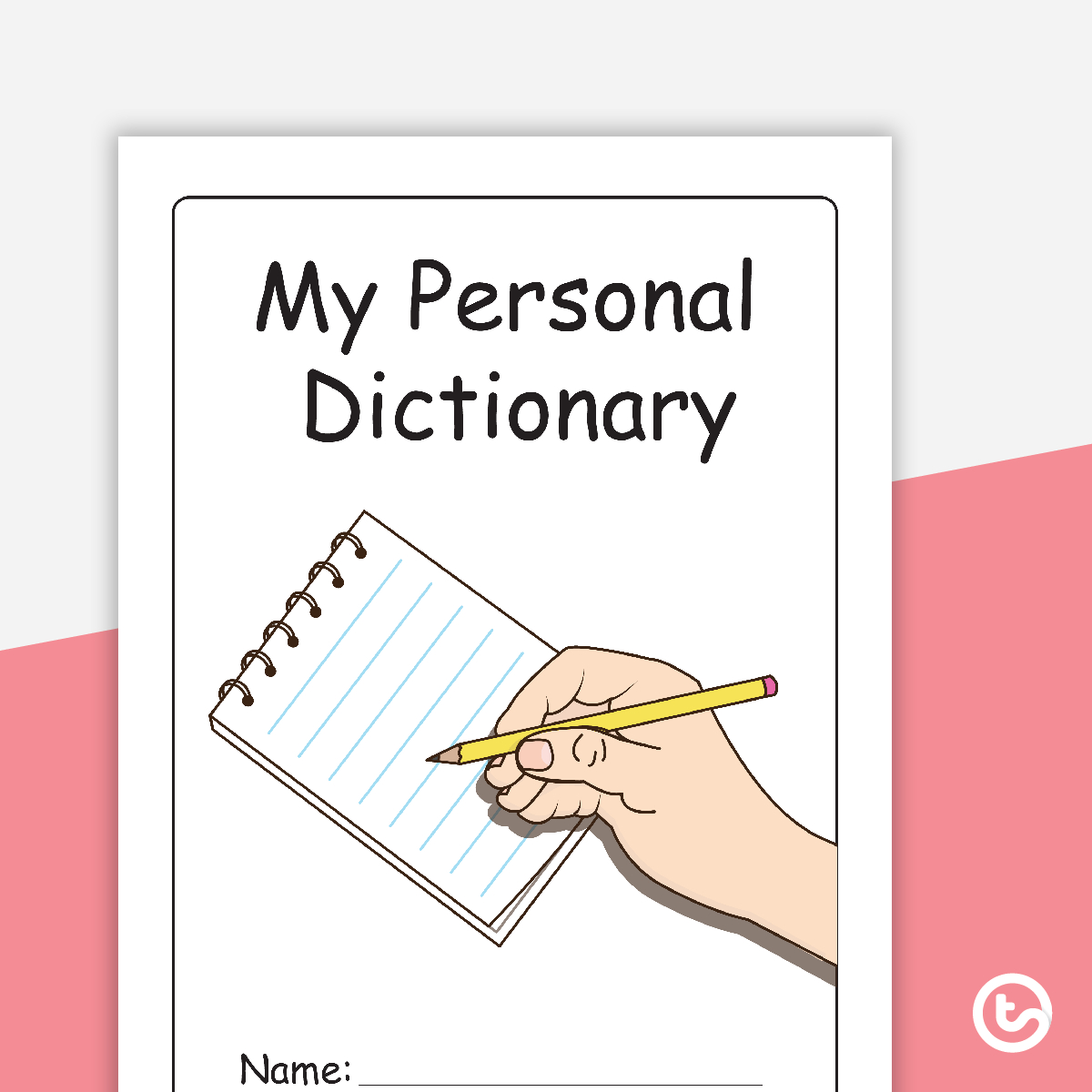
- #Microsoft word dictionaries how to#
- #Microsoft word dictionaries trial#
- #Microsoft word dictionaries mac#
In the dictionary list, select the custom dictionary you want to add words to. To continue importing words to a custom dictionary, import the word list. HINT: If you plan to import the world list, remember its name and where you saved it. In the Where pull-down list, select a save location. In the Save As text box, type a name for your word list. Repeat steps 2-3 for all words you want added to the custom dictionary. NOTE: All entries will be stored case-sensitive.

In the document, type a word you want to add to the custom dictionary. You will first need to create a word list in a separate document, then you can import the word list to a custom dictionary.

Rather than individually adding several words to a custom dictionary, you can import a document containing a list of words to add to a pre-existing custom dictionary. To close the Spelling and Grammar dialog box, click OK. To close the Custom Dictionaries dialog box, click OK. In the Save As text box, type the file name for your new custom dictionary.įrom the Where pull-down list, select where you want to save the custom dictionary. The Custom Dictionaries dialog box appears. In the Spelling section, click Dictionaries. In the Authoring and Proofing Tools section, click Spelling and Grammar. Creating a Custom Dictionaryīegin creating a custom dictionary from the Word menu.įrom the Word menu, select Preferences. This document contains instructions for creating and editing a custom dictionary using Word. This can be useful when using specific terminology that is not in the standard dictionary. Custom dictionaries created in Word are shared with other Office programs. You can either create a new dictionary or modify the main dictionary. This article is based on legacy software.Ī custom dictionary is a list of words you create which are not contained in the main Office dictionary.
#Microsoft word dictionaries mac#
Given the complexity of the English language, this real-world information is a tremendous spell-checking boon.(Archives) Microsoft Word 2007: Adding a Dictionary Mac (The edit distance there is three just switch the b and o, add a t, add an n.) Most search engines, by comparison, complement the edit-distance method with a huge amount of data on common mistakes.
#Microsoft word dictionaries how to#
(For the nitty-gritty on this, see Google research director Peter Norvig’s paper on how to write a spell-check program.) While edit distance usually works pretty well for word processors, it can produce some funny suggestions, like Boatman for Obama.
#Microsoft word dictionaries trial#
Duck has an edit distance of one from luck, and trial and trail are also just one edit away. Most word processors make suggestions using the concept of “edit distance”-basically the number of letters you have to change, add, delete, or switch to transform one word into another. I also suspect the search-engine model would do a better job at suggesting the right word when you really did make an error. A word processor powered by search-engine spelling could handle overchicked just fine.)

What would happen if Google’s search technology was ported into a word processor? First, the spell-checker would recognize the bulk of any document’s proper nouns (no more squiggly red line under DiCaprio) as well as any new terms the kids are using these days (Urban Dictionary tells me, for example, that overchicked is an adjective used to describe a man who is significantly less attractive than his female companion.

If you type in Monkees, Google will assume you’re searching for the band Word will give you a red squiggly line, thinking you’ve screwed up the word monkeys. In other words, search engines put breadth first and spelling accuracy second while word processors are the other way around. This way, a program like Word can catch virtually every typo, even if it means misidentifying some proper names and newer words. Word processors are much more conservative, limiting their lexicon to words that are definitely legitimate. The latter has to field queries as broad and varied as the Internet itself, so it needs a very large vocabulary in order to differentiate spelling mistakes from legitimate search terms. What’s behind this disparity? Word processors and search engines have different goals. Live and Google recognize the term just fine, however, and can retrieve it as a correction for a basic misspelling like pharmung. Neither Microsoft Word nor the Google Docs spell-checker, the latter of which is based on an open-source tool called GNU Aspell, have heard of the word. For another example, take a reasonably new tech neologism like pharming.


 0 kommentar(er)
0 kommentar(er)
